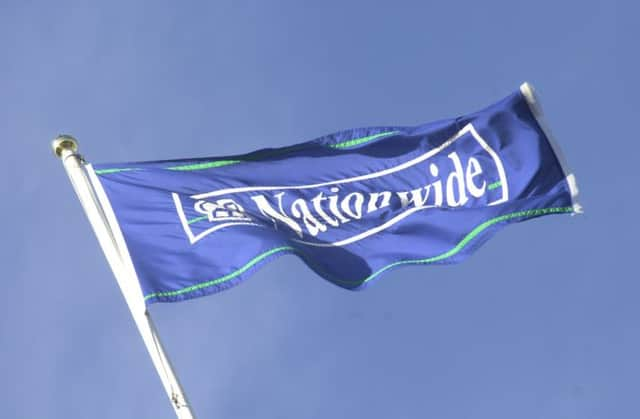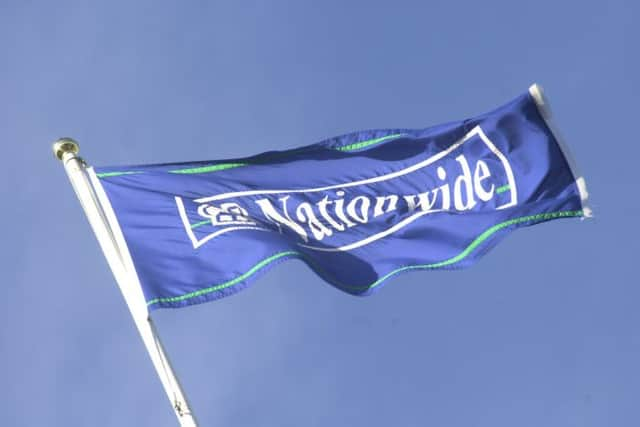Nationwide to plough £300m into branches


The lender said the investment will come over the next five years as it upgrades cash machines and rolls out its video link service, dubbed Nationwide Now, which allows customers to complete mortgage applications with advisers in other branches.
Nationwide’s spending comes as a number of banks – including Barclays, HSBC, Lloyds and Royal Bank of Scotland – have closed branches in a cost-cutting drive in recent years.
Advertisement
Hide AdAdvertisement
Hide AdWith customers increasingly using the internet to make payments and check their balances, banks have shut 27 per cent of their branches since 1997, bringing the industry-wide network down to around 9,700, according to trade body the British Bankers’ Association (BBA).


Nationwide, which employs 17,000 staff across almost 700 branches, said its video link service has proved popular. The lender plans to roll out the service, first piloted in 2013, to 400 branches by the end of the year, a move that will create around 200 jobs allowing the business to focus on other areas.
The mutual said the service was popular in rural locations, where mortgage advisers have to cover a wider area.
Last week an agreement to help prevent consumers being left out in the cold when their local bank shuts down was signed up to by major high street banks, consumer groups and the UK government.
The BBA has agreed guidelines after Business Secretary Vince Cable wrote to banks in December calling for clear procedures on steps they would take when closing branches in rural or deprived areas. Alternatives could include free-to-use cash machines, mobile banking and the UK’s 11,500 Post Office branches.